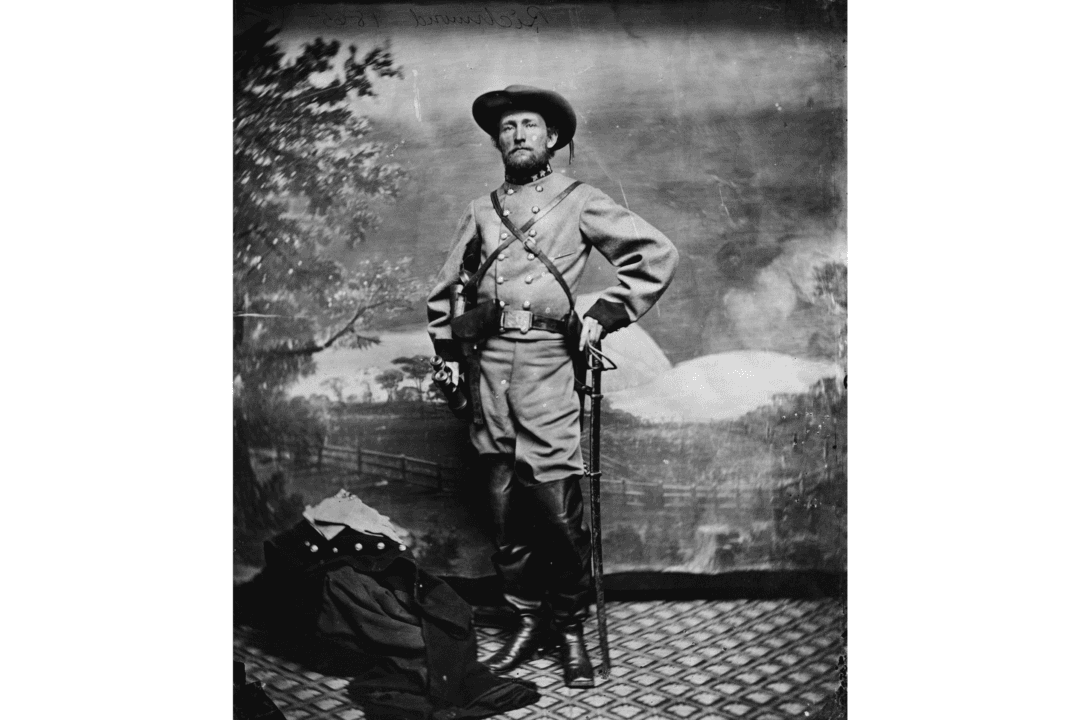Books and movies have often saluted highly trained outfits like the Navy SEALs, Marine Force Recon., the Army’s Rangers and Green Berets, and the Special Tactics teams of the Air Force. Consequently, these elite troops are familiar to many Americans.
Less well-known are the ancestors of these special ops forces. The French and Indian War (1754–63), for instance, produced Roger’s Rangers, the company of backwoodsmen under the command of New Hampshire’s Capt. Robert Rogers. Fighting alongside the British, the Rangers won their fame for their hit-and-run tactics, intelligence gathering, and raw courage. A dozen years later, some of these same irregulars would turn on their former comrades and help America win its freedom from Britain.






